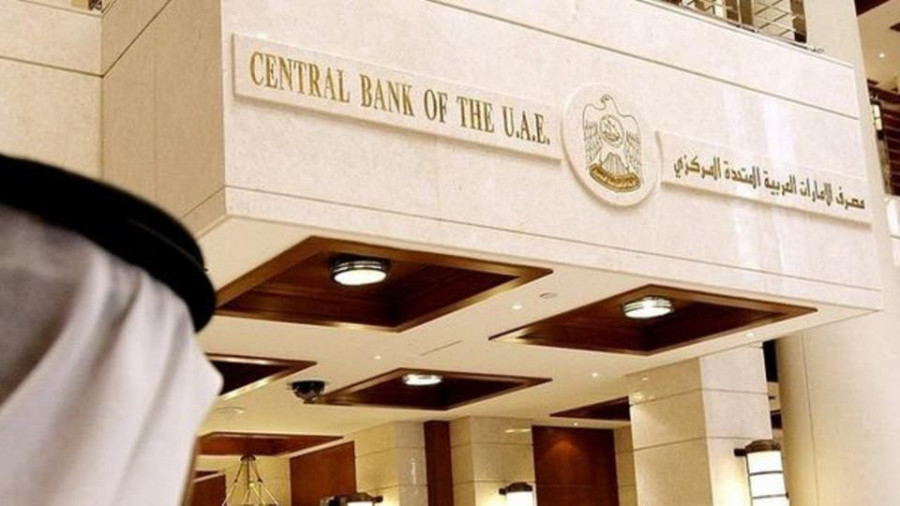The financial winds are changing direction across the Gulf Cooperation Council (GCC) banking sector. While the United Arab Emirates (UAE) braces for a decline in second-quarter earnings, Saudi Arabia is poised to become the region's champion in year-on-year growth.
This shift can be attributed to several factors. Rising interest rates, a trend observed globally, have impacted the UAE's banking performance. The first quarter of 2024 witnessed a decline in net interest income for the first time in three years, as the cost of borrowing funds climbed. This squeeze on profit margins is expected to continue in Q2.
Meanwhile, Saudi Arabia presents a contrasting picture. The kingdom's banks have demonstrated resilience in the face of rising interest rates. Their focus on domestic lending, fueled by ongoing economic development projects, has shielded them from some of the external pressures affecting the UAE. Additionally, Saudi banks benefited from a strong increase in customer deposits during Q1 2024, as depositors sought higher returns in a rising interest rate environment. This influx of funds further bolstered their financial performance.
Beyond immediate financial results, the contrasting fortunes of the UAE and Saudi Arabia reflect broader economic trends within the GCC. The UAE, traditionally a financial hub, is heavily reliant on international trade and investment flows. A slowdown in global economic growth could pose additional challenges for its banks in the coming quarters. Saudi Arabia, on the other hand, is actively pursuing economic diversification plans, aiming to reduce its dependence on oil exports. This strategy, coupled with significant government investments in infrastructure and other sectors, is creating new lending opportunities for its banks, fueling their growth prospects.
The changing landscape within the GCC banking sector presents both opportunities and challenges for regional players. UAE banks will need to adapt to the new economic climate by exploring alternative revenue streams and focusing on cost optimization. Saudi banks, while enjoying a current growth spurt, must remain vigilant in managing credit risks associated with a rapidly expanding loan portfolio.
Looking ahead, the performance of the GCC banking sector will be closely tied to the broader economic trajectory of the region. The global economic outlook and the success of Saudi Arabia's diversification efforts will be key factors influencing the fortunes of these financial institutions.

